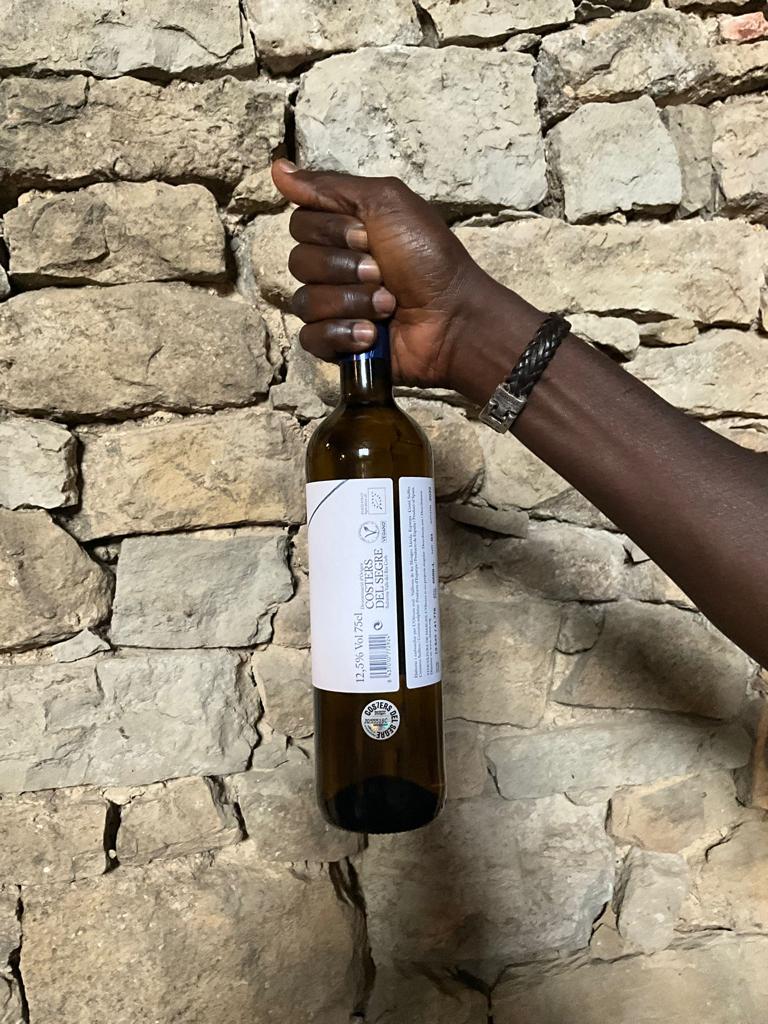A seal that certifies the non-use of ingredients or raw materials of animal origin
or that have not been tested on animals
The wines of L’Olivera have obtained, this year, vegan certification. A seal that certifies that, in its preparation, no ingredients or raw materials of animal origin have been used, nor that they have been tested on animals. It is, in reality, another step to continue walking towards more responsible and sustainable production and elaboration.
But what is a vegan wine? By nature, the grape juice, the wood, the cellar or the bottles are vegan, no animal products are used in them. However, the difference between a vegan wine and a traditional wine lies in the clarification of the wine, a process to which the wine undergoes to clean it and remove impurities, protein residues, yeasts and other substances that can cloud it in the phase prior to bottling. To clarify, products of animal origin such as egg white, fish tail or casein (protein derived from milk) can be used. In these cases, the wines are not suitable for vegans or vegetarians. For them to be, the clarification process can use alternatives. At L’Olivera we use Bentonite, a mineral that is one of the most used in vegan wines. It is a clay powder that also serves to remove impurities from wines, and is normally used in the production of white wines.
Does a vegan wine have to be organic? They are two different concepts taht may or may not be complementary. The difference between an organic and a vegan wine is that an organic wine may or may not contain ingredients of animal origin, just as vegan wine may or may not be made organically.
